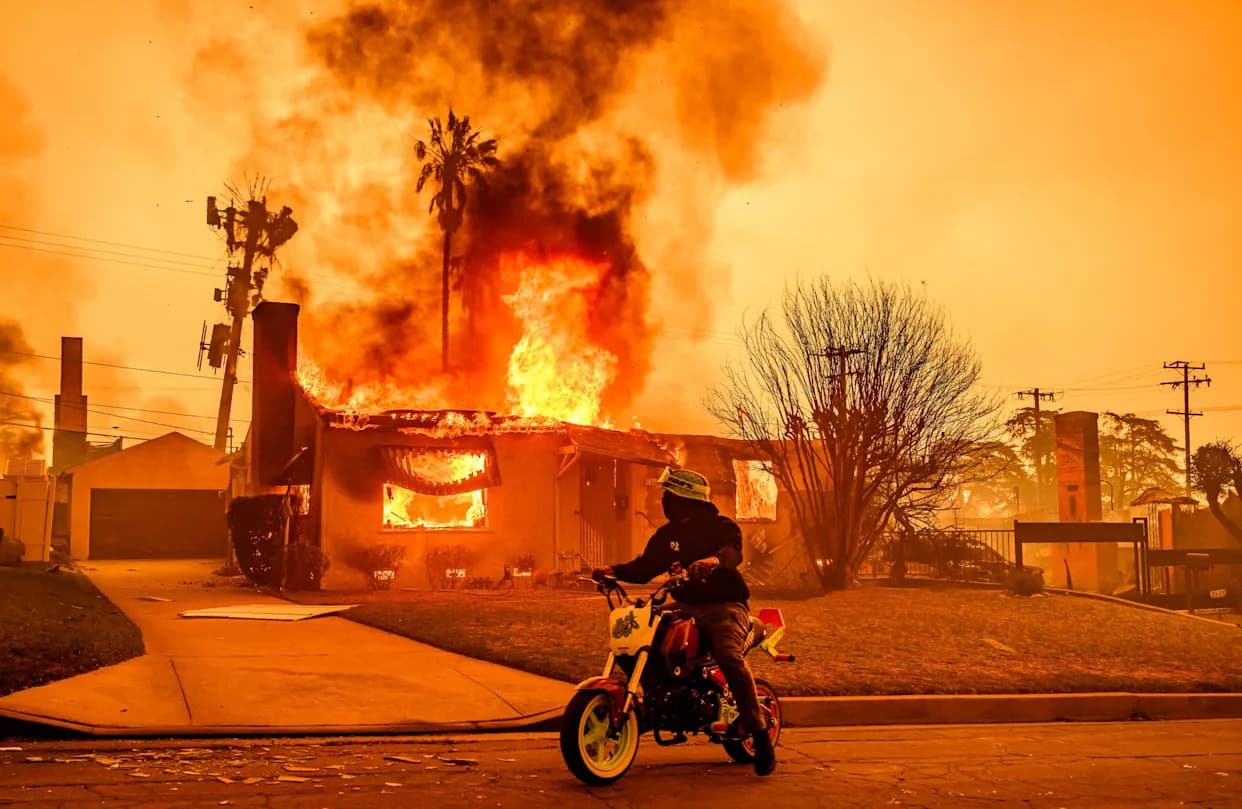Acting FEMA Administrator David Richardson resigned Monday amid mounting criticism of the agency's response to July's deadly central Texas floods, which killed more than 130 people. Karen Evans will take over as acting head on Dec. 1. Richardson faced scrutiny for being difficult to reach during the crisis and for public remarks that alarmed emergency managers. His departure comes as a White House review panel readies a major report with recommendations to reshape FEMA.
Acting FEMA Chief David Richardson Resigns Amid Criticism Over Deadly Texas Flood Response
Washington — Acting FEMA chief steps down after scrutiny of Texas flood response
David Richardson, who had been serving as the Federal Emergency Management Agency's acting leader, submitted his resignation Monday, the Department of Homeland Security confirmed. According to multiple current and former homeland security officials familiar with the decision, Richardson handed in his resignation that morning.
Richardson had served as FEMA's "Senior Official Performing the Duties" of administrator since May 8, 2025, after Homeland Security Secretary Kristi Noem abruptly removed his predecessor, Cameron Hamilton. Before taking on FEMA's top post, Richardson was the Assistant Secretary overseeing the Department of Homeland Security's Countering Weapons of Mass Destruction Office.
A DHS spokesperson said FEMA's chief of staff, Karen Evans, will assume Richardson's duties beginning Dec. 1.
Leadership style and early controversies
From the start of his tenure, Richardson's management approach attracted attention. At his first all-hands meeting he reportedly said, "Don't get in my way … I will run right over you," and declared, "I and I alone speak for FEMA." Those remarks, along with other actions and communications, drew criticism from some agency staff and outside observers.
Criticism over July floods response
Richardson's resignation follows intense criticism of FEMA's handling of the central Texas floods in July, a disaster that killed more than 130 people, including 27 campers and counselors at Camp Mysticon on the Guadalupe River. Lawmakers and some FEMA employees faulted Richardson for being difficult to reach during the emergency; FEMA officials told CBS News the acting administrator was unreachable for hours, which they said complicated efforts to deploy search-and-rescue teams.
At a July congressional hearing, Richardson defended FEMA's actions, describing the agency's response as a "model" of disaster response and disputing reports of delayed deployments and unanswered calls. He also rejected claims of gaps in contracts for FEMA's disaster helpline.
One widely reported misstep involved a comment attributed to Richardson that suggested he was unaware the U.S. has a hurricane season — a remark that alarmed many experienced emergency managers and intensified scrutiny of his qualifications for the role.
Bureaucratic concerns and broader review
Critics, including current and former FEMA employees, pointed to bureaucratic constraints under Secretary Noem's leadership. Among the concerns raised was a reported directive requiring the DHS secretary to personally approve any expenditure above $100,000, which some staff said created bottlenecks during emergencies.
Richardson's departure comes as a White House-ordered FEMA Review Council prepares a broad report with recommendations to restructure the agency. The council was directed to conduct a comprehensive assessment of FEMA's recent performance and is expected to deliver formal recommendations to the president in November. Separately, President Trump has publicly suggested FEMA "should be eliminated as it exists," and Secretary Noem has instructed the council to consider significant changes and to "reimagine" the agency's structure and mission.
DHS statement: The department expressed its "appreciation" for Richardson's service and wished him "continued success in his return to the private sector," noting several responsibilities he handled during his short tenure.
What happens next: Karen Evans will lead FEMA in an acting capacity beginning Dec. 1 while the agency and the Review Council continue their work. The council's forthcoming recommendations could prompt significant changes at FEMA, depending on the White House and congressional responses.
Help us improve.




























